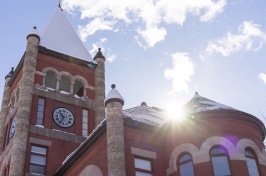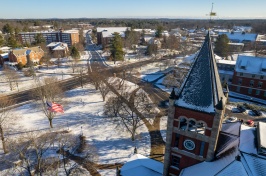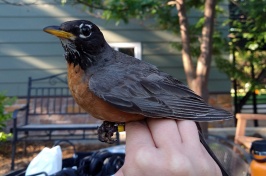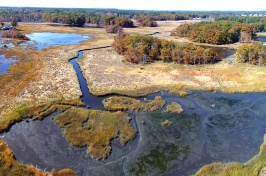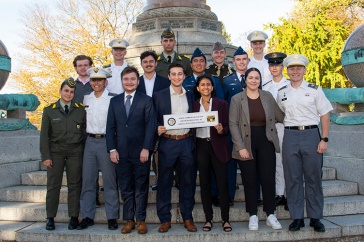Professor of music Dave Seiler plans to continue mentoring young music students. Though recently retired, no one believes he'll bow out of the UNH or Seacoast music scenes any time soon — including Seiler.
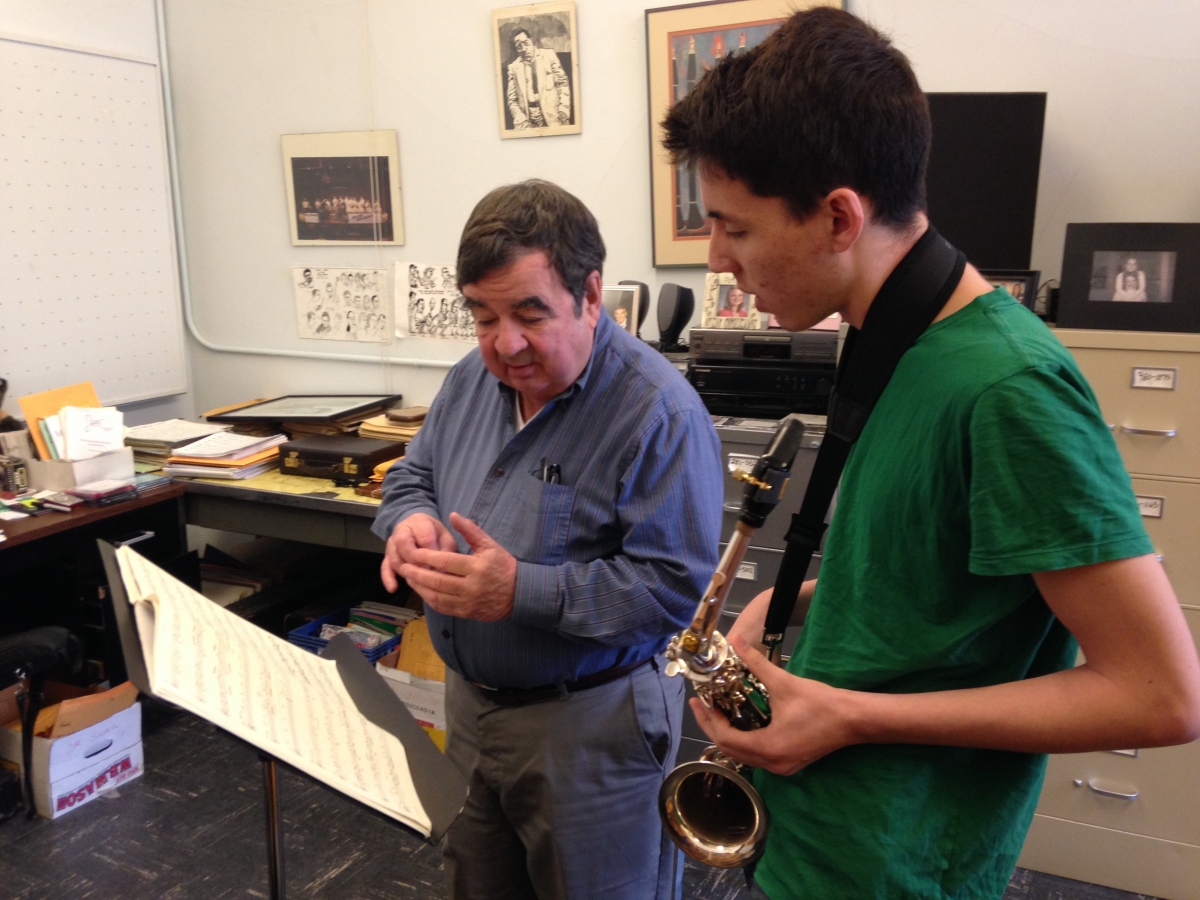
If David King '78 had to pick one thing he learned from longtime professor of music Dave Seiler, it would be this brief phrase: Why not me?
"What he meant was, why don't you work the hardest, why don't you become the most successful person, why don't you achieve the most," says King. "He didn't start with the assumption that we were going to fall short, he started with the assumption that we were going to succeed."
It was that specialized attention King recalls that Seiler has given to all of the students he's worked with throughout his four decades at UNH.
Stories like King's were swapped at a concert and reception earlier this year for Seiler, who has retired after 41 years of teaching music appreciation, theory and performance to thousands of Wildcats.
Seiler's secret to winning the praise of generations of former students? He makes it personal — for both himself and the student.
"I amplify the individual. These students all have different needs, they're all different kinds of people. I know all about them; I almost always know their high school band directors, and I know their backgrounds," he says. "I know 'em right down to their socks."
Seiler taught for 10 years before coming to Durham. A proud "Wisconsin boy," he grew up in LaCrosse and earned two of his degrees from the state university in Madison.
After teaching jobs in Idaho, Wisconsin and Texas, he heard about the opening in UNH's Music Department.
"I looked on the map as to where this place was and I thought, wait a minute, this is right near Boston. I'm a performer, and there aren't many places to be if you're a performer than right here," he says.
The lure of Boston's music scene aside, he knew UNH was a solid liberal arts school.
When he arrived in 1972, UNH had good teachers, but they were all part-timers and mostly music historians and theorists — there wasn't a clear musical performance or music teaching track.
And there wasn't enough jazz.
"I asked someone when they schedule the jazz band, and he said they don't. So that's the first thing I did, I got a 3 o'clock time for the jazz band. Now it's meeting at 3 p.m. and 4 p.m. and we have two jazz bands," he says. "And now we have studio teachers here, good ones. We're a much more comprehensive department."
Another landmark accomplishment was his organizing the connection between internationally known trumpet player Clark Terry and UNH. One visit blossomed into a friendship that brought Terry back every year for the UNH jazz festival that bears his name. The university was the first to give the horn sensation an honorary degree.
Then came the Montreux Jazz Festival in 1974. UNH was the first and only university band to play in the prestigious international event's evening program, attending with Clark Terry. It was a turning point in putting UNH's music program on the international map. "We got that Montreux Jazz Festival true and blue. We sent a tape in, Clark Terry wrote a recommendation, and we got it."
"We got that Montreux Jazz Festival true and blue, Seiler recalls. "We sent a tape in, Clark Terry wrote a recommendation, and we got it."
The group was originally meant to back up singer Sarah Vaughan, but when she decided to go with a small rhythm section, the UNH players were on themselves.
"I was blown away that it happened," says former student King, who also played with the UNH jazz group at one of the last clubs on "Swing Street," the one-time epicenter of jazz in New York City.
But you couldn't have expected less from Seiler, says King, who was so moved by his time under Seiler's tutelage that in 2001 he created a fund for the "perpetuation of the jazz language" at UNH.
Seiler's office in the Paul Creative Arts Center is decorated with jazz posters, music festival fliers (he's the director of the Seacoast Big Band as well as a number of UNH performance ensembles) and postcards and pictures of his former students, who have gone on to careers in performance as well as teaching. He was the coordinator of the UNH Summer Youth Music School for 12 years and is still active in the program, which is where Gabrielle Baffoni '03 first met him, as a camper.
Baffoni, an assistant professor of single reeds (clarinet and sax) at Southeast Missouri State University since 2012, says she originally wanted to be a performance major, but Seiler turned her on to music education instead.
She says learning to be a music teacher from such a talented mentor was a gift during her UNH years.
"Dave's style of teaching is tireless. He would just go, go, go all the time, and expected you to do the same. He always had a sense of genuine caring for his students' well-being," she says.
It was Seiler who helped Baffoni begin working with students, paving the way for a successful career. "He gave me a pedagogical perspective ... always thinking about how I am going to use this to teach other people. Now part of what I teach is music appreciation to people who are not music majors, as well as music education majors."
Seiler counts among his career highlights not just his teaching experiences, but the musical greats he's played with, like Clark Terry, Aaron Copland and Gunther Schuller, among others.
"I never forgot where I came from, who taught me and who inspired me," he says. That's part of why he's proud to say that he's done major clinics as a conductor and musician in some 35 states, in venues from universities to elementary schools.
He also found inspiration over the years from his senior and junior high school band directors, as well as University of Wisconsin band director Ray Dvorak.
"I got accepted to the university for electrical engineering, but he knew what my potential was. I was 19 when I made the decision [to switch to music], and by the time I was 25 I was a college music teacher," he says. "Once you've got the fire, you know."
-
Written By:
Michelle Morrissey ’97 | UNH Magazine | michelle.morrissey@unh.edu











